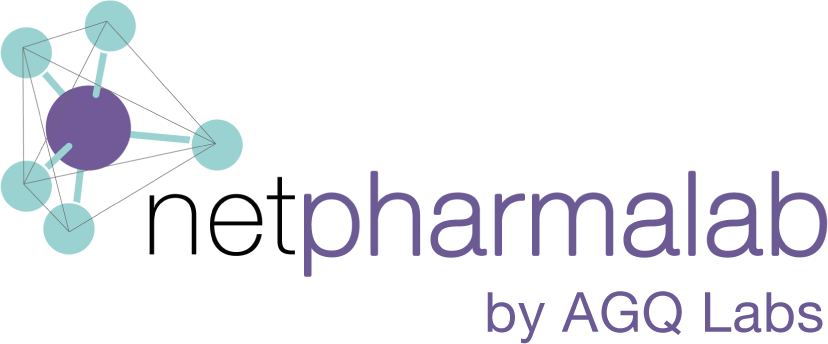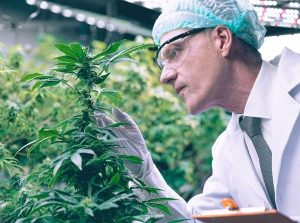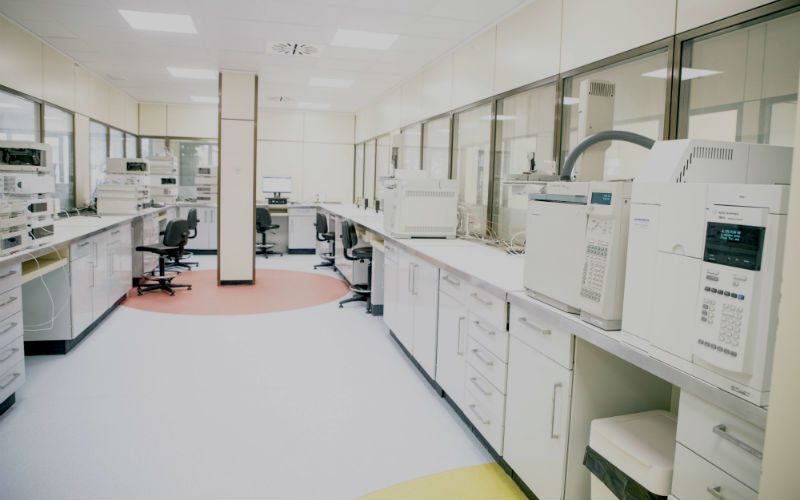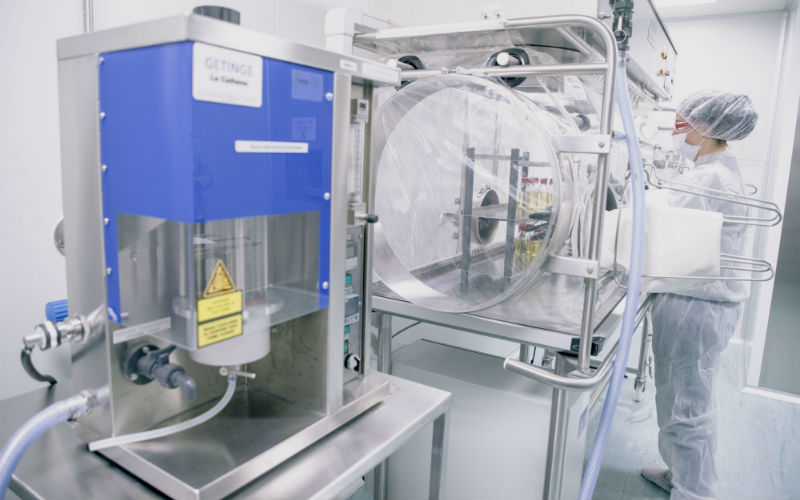Spain is a producing country, it has initiated the procedures to approve the regulation of medical cannabis, but it has not yet legalized its therapeutic use
The Spanish Agency for Medicines and Health Products (AEMPS), dependent on the Ministry of Health, has notified the International Narcotics Control Board of a production forecast of 36 tons of medicinal cannabis in 2024. Spain thus becomes the seventh producing country in the pharmaceutical market for therapeutic cannabis in the world, and although the procedures have been initiated to develop the Decree that approves the medical cannabis regulation, its consumption for this use has not yet been legalized.
José Carlos Bouso is scientific director of ICEERS, psychologist, doctor in Pharmacology, member of the Canná Foundation, as well as an expert in the medicinal use of psychoactive substances of plant origin. In recent statements to Infosalus he has pointed out that “there are many studies showing that medicinal cannabis allows the reduction of prescription drugs that have more side effects than cannabis itself. For example, in those with chronic pain it allows reducing the use of opiates, which are dangerous medications, as well as benzodiazepines, the third most consumed drug in our country.”
In Spain there are only two official medications approved by the AEMPS that contain cannabinoids. One is Sativex, which is used to alleviate spasticity in multiple sclerosis patients. The other is Epidiolex, which serves as a treatment for seizures in pediatric refractory epileptic syndromes. These are the only medical cannabis products allowed in the country.
On February 13, the Ministry of Health and Consumer Affairs opened a period of prior public consultation, with the aim of gathering the opinion of citizens, patients, organizations and associations on the future draft decree on the regulation of medicinal cannabis in Spain. Among other aspects, it will establish “the conditions for the preparation and dispensing of master formulas based on standardized cannabis preparations.”
How this regulation will affect the pharmaceutical industry
Regarding research on therapeutic cannabis, the most studied phytocannabinoids are THC (or tetrahydrocannabinol) and CBD (or cannabidiol). The first produces relaxation, sedation, analgesia, antiemetic effects and stimulation of appetite (mainly by activation of CB1 receptors). On the other hand, CBD produces analgesic or antiepileptic effects.
Spain is occupying a preferential position in the production of therapeutic cannabis and this could be a great advantage if its legalization were to occur when it comes to occupying a good position in the pharmaceutical cannabis market.
Currently, 25 public and private companies have cultivation authorization. This figure represents an increase of 150% compared to those in 2019. Of these companies, 16 are dedicated to research, three work on the production of seeds and cuttings for medical purposes and another three are dedicated to obtaining the batches necessary for the validation of the manufacturing process of narcotic active ingredients.
Furthermore, thousands of patients in Spain already use cannabis to treat their ailments, although its use is not regulated. To do so, they resort to personal self-cultivation of plants or associations of cannabis users, which are in legal limbo, and to the clandestine market, which poses quite a risk.
They may also suffer the imposition of fines for non-compliance with the Citizen Security Law, which penalizes drug possession on public places with a minimum of 600 euros.
Contact us if you need more information about analysis of medicinal cannabis or its derivatives.






